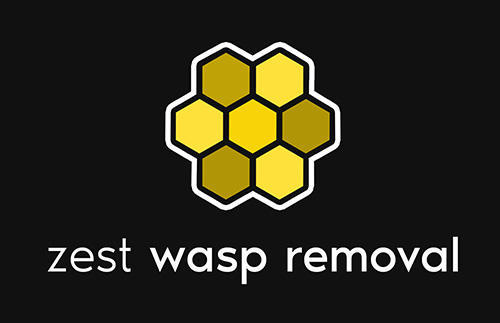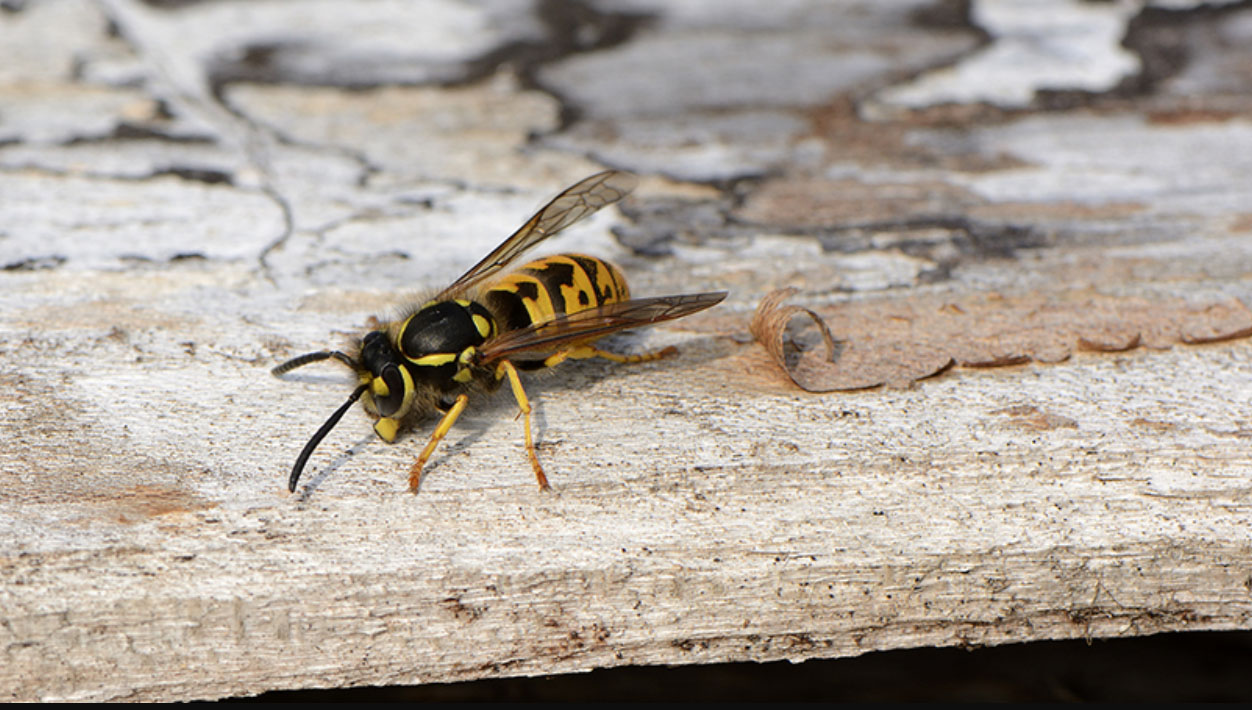Buzzing insects are an integral part of Glasgow’s ecosystem.
Among these, wasps, despite their ecological significance, can pose challenges when their populations grow unchecked.
This article delves into the importance of effective wasp control in Glasgow‘s public spaces, highlighting the potential risks and benefits associated with managing these insects in an urban setting.
Urban Ecology and Wasp Presence
Glasgow, with its mix of parks, green spaces, and urban areas, is a microcosm of diverse ecosystems. Wasps, as natural predators and pollinators, contribute to the delicate balance of this urban ecology. However, their presence in public spaces can sometimes lead to concerns, especially during the warmer months when their populations peak.
Public Safety Concerns
While wasps play essential roles in pollination and pest control, they can also become a nuisance and a potential threat to public safety. In areas frequented by residents and tourists alike, the risk of accidental encounters and stings increases.
For individuals allergic to wasp venom, these encounters can escalate into life-threatening situations. Therefore, managing wasp populations in public spaces becomes imperative to ensure the safety and well-being of the community.
Impact on Tourism
Glasgow, known for its rich history, cultural attractions, and welcoming ambiance, attracts visitors from around the world. However, the presence of aggressive wasps in popular tourist spots can hinder the overall experience and negatively impact the city’s reputation.\
Implementing effective wasp control measures ensures a more enjoyable environment for both residents and visitors, contributing to Glasgow’s image as a safe and welcoming destination.
Preserving Biodiversity
Striking a balance between managing wasp populations and preserving biodiversity is crucial. Targeted control measures can help mitigate the impact of wasps on native insect populations without causing harm to the overall ecosystem.
Preserving biodiversity in Glasgow’s public spaces is not only aesthetically pleasing but also essential for maintaining the health of urban flora and fauna.
Community Engagement and Education
Community involvement is vital in successful wasp control efforts. Engaging residents through education programs can dispel myths and misconceptions about wasps, fostering a greater understanding of their ecological roles.
Encouraging responsible waste disposal practices in public areas helps reduce attractants for wasps, minimizing the likelihood of nest establishment near high-traffic zones.

